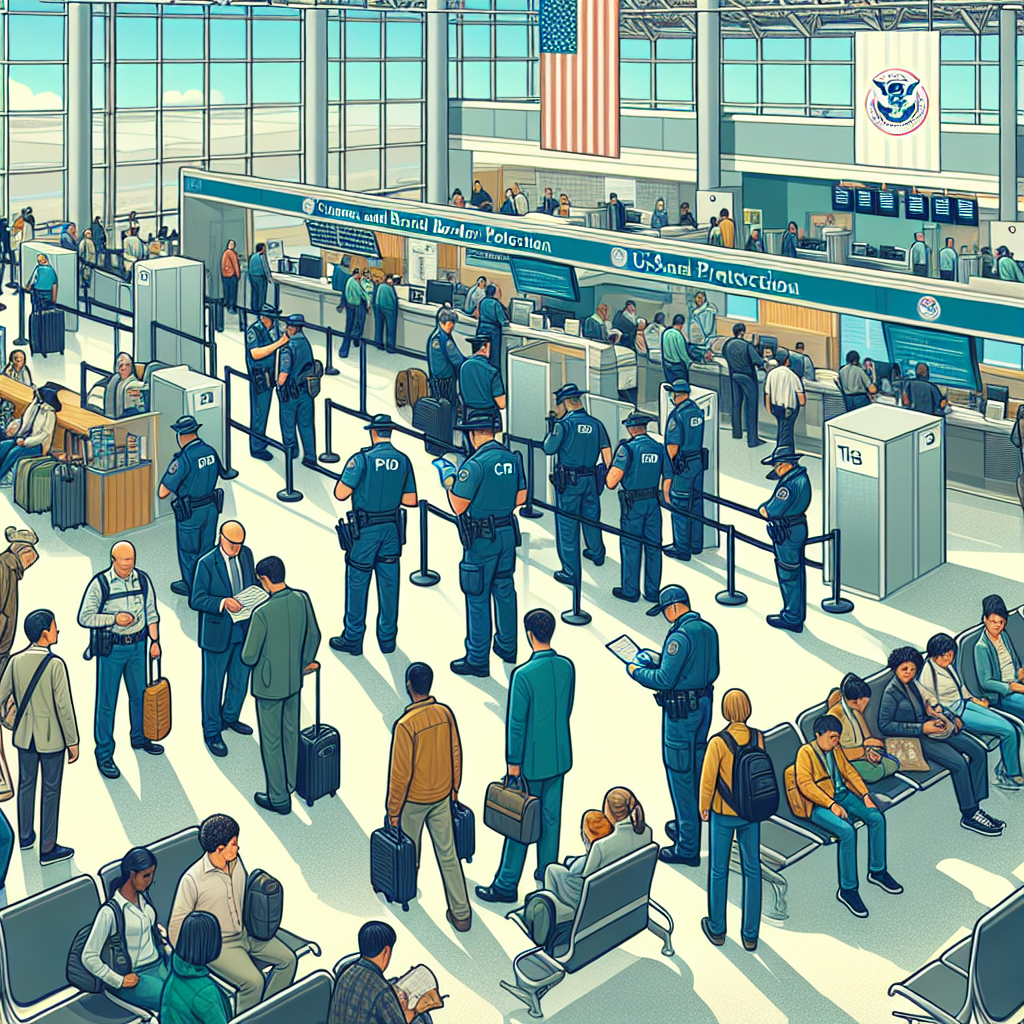The US Customs and Border Protection (CBP) has recently begun implementing stricter screening measures for visa holders and visitors, including possible more in-depth questioning, electronic device checks, and review of social media accounts. An immigration affairs website advises travelers to be well-prepared upon entry, ensuring they have necessary documents and being mindful of their words and actions to smoothly pass through immigration.
The government has also intensified scrutiny of social media accounts for immigration applicants, requiring them to submit social media account information for stricter identity verification and national security screening.
The immigration affairs website “Boundless Immigration” wrote that when encountering CBP officers requesting to check phones, laptops, or other devices upon entry, individuals can choose to cooperate or not. If you refuse to unlock your phone or share passwords, CBP officers may temporarily detain the device, but it does not necessarily mean you will be denied entry. If you feel pressured, you can request to speak with a supervisor.
Moreover, you are not obligated to sign anything you do not understand. Some travelers have reported being asked to sign documents they do not fully comprehend — typically agreeing to “voluntarily withdraw their entry application.” If you encounter this situation, you can: (1) request copies of any documents you are asked to sign; (2) ask for a translation; (3) consider contacting a lawyer.
Signing a “voluntary withdrawal of entry application” form could have serious repercussions for your future visits to the US, so do not sign any documents you are unsure about due to pressure.
Even with a visa, you may still be denied entry. It is important to note that having a US travel visa or ESTA (Electronic System for Travel Authorization used by visa waiver program travelers) approval does not guarantee entry. CBP officers make the final decision at the airport. If they suspect that: you intend to work without authorization, stay for an extended period, or your purpose of entry differs from what was stated during the visa application, they can refuse you entry.
To minimize the likelihood of issues arising, answer questions honestly and consistently; carry proof of return travel, hotel reservations, or itinerary; avoid saying anything implying you intend to stay long-term or seek employment.
Stay calm and understand your rights; facing questioning at the border can be stressful, but remaining calm and polite can be helpful. If you feel you are being treated unfairly or under pressure, you can: request to speak with a CBP supervisor, ask to make a phone call before agreeing to anything.

